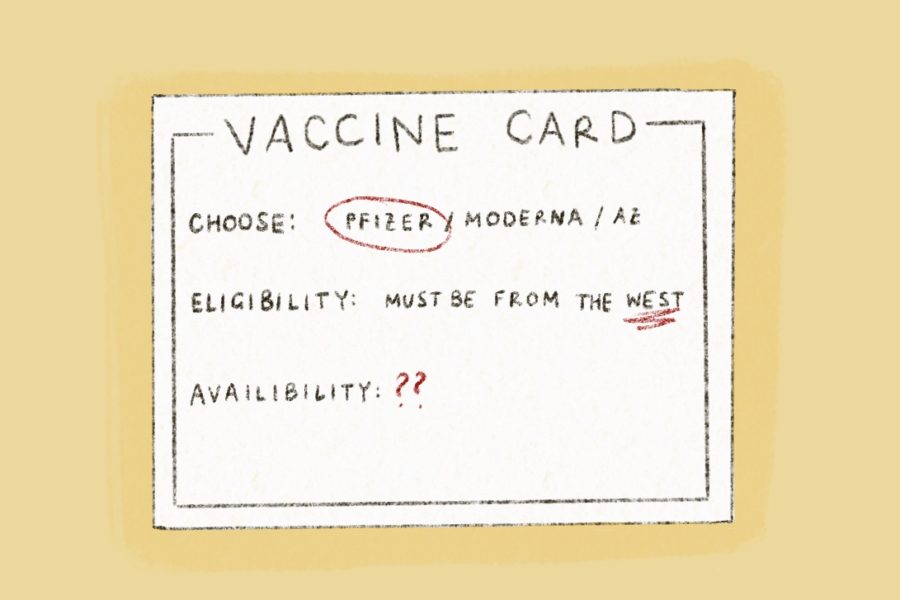From a young age, I was always told that I was a bossy person, and I just accepted it and took it as the criticism it was intended to be. Thinking back to when I was labelled bossy, it was when I took charge of a task and put myself in a leadership position in order to do something. This adjective has never been used to describe one of my male friends, but many of my determined female friends.

We Need to Stop Calling Young Girls Bossy
Girls are taught lessons from a young age even subconsciously, with situations such as mothers being more likely to stay at home and look after children whilst the fathers go out to work. Although this narrative is changing as the number of stay-at-home mothers decreases, the number of women in certain professions and higher positions within companies is small, meaning that young girls have fewer role models in more prestigious roles.
Without women in positions in power, young girls are taught subconsciously to not speak up and promote themselves to leadership roles. In the UK, 220 MPs in the House of Commons are women out of 650 seats. This percentage of 34% is the highest it has ever been. MPs hold such a publicly prominent and crucial position, and without female role models many young girls could be less likely to pursue a career in politics.
Women’s absence from leadership roles goes beyond politics to affect a variety of fields. Among the biggest publicly listed companies in the European Union in 2020, 19.3% of executives and 7.9% of CEOs are women. Data also shows that in 2019 women made up half of those employed in the EU, yet only 18% were senior executives.
The lack of women in these positions of power and leadership presents a warped and wrong message to young girls, along with messages from people when girls take on those roles. It has the potential for a devastating decline in females holding top positions in companies.
The media has often targeted women in power, frequently diminishing them to their appearance. Certain news outlets are particularly guilty of this, and often degrade women to gain more traffic on their sites. Theresa May suffered criticism whilst she was Prime Minister, not just about her policies but also her looks. Such critique and targeted attacks resulted from the position she held, mirroring much criticism Margaret Thatcher faced when she was the first female Prime Minister.
Meghan Markle is another woman who has shown her determination and strong beliefs, yet was attacked by the media and individuals for holding those beliefs and using them to try and facilitate change. Without these role models, young women are taught to stay quiet, otherwise they become targets. They are taught to not push through glass ceilings. The media needs to be held accountable for the role it plays in attacking these individuals.
It is also people close to these women that target them. Meghan Markle’s father has gone to the press to offer his opinions on his daughter.
Family are often our biggest critics, as they believe they are allowed to make comments due to being related to you; however, these comments can often cause the biggest issues with individuals. People who are supposed to offer guidance and unconditional love often confuse this role with an entitlement to say what they want. It was often family members who would say I was being bossy, and accompany it with pursed lips and a disapproving stare.
Education and support for women has to start from an early age and from the family outwards. Companies need to do better in how they look after and promote exceptional women; more than this, women need to be taught from a young age that they are capable of doing those things. That the things they might be called when they take charge should be things that inspire them.
This is an issue that has always been part of our society, but does not need to continue into the future as well. Schools need to change; businesses need to change; and so, do families.
“I want every little girl who’s told she’s bossy, to be told instead she has leadership skills.” – Sheryl Sandberg.
Abby Titmuss
cover image via Unsplash





Leave a Comment